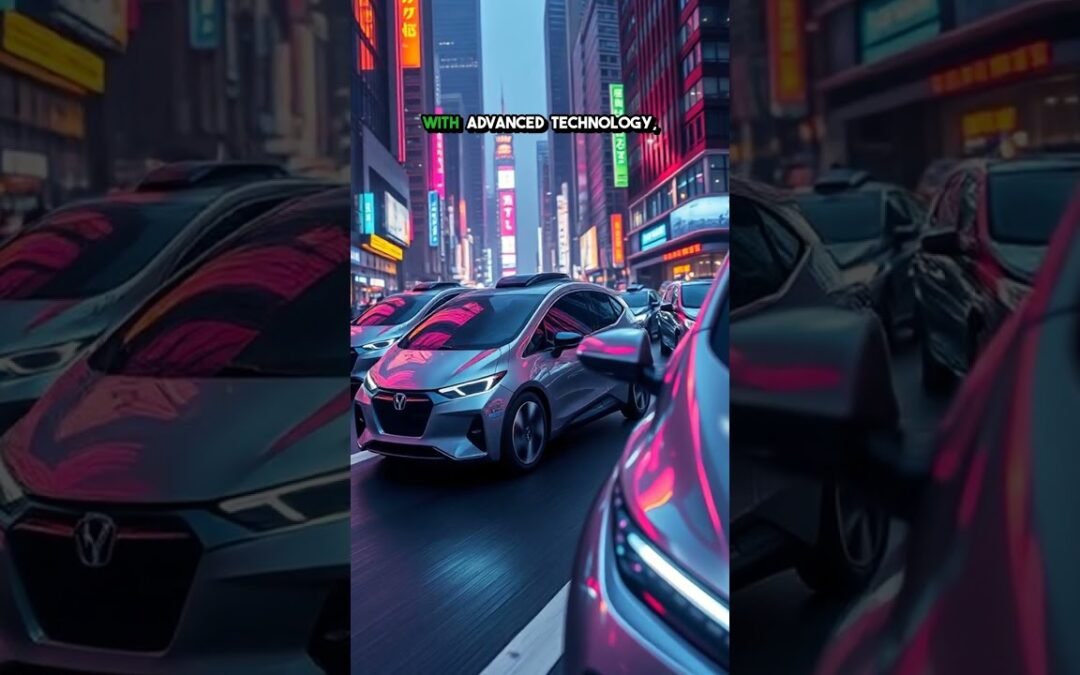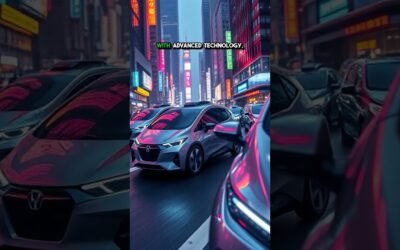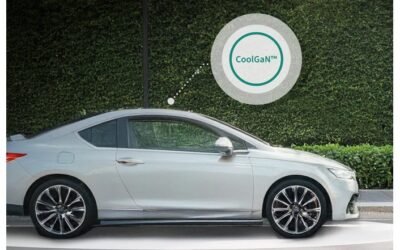
A common concern about EVs is the fate of their battery packs once their operational lives conclude. While a landfill may be the first idea brought to mind, several companies are currently working to tackle the problem of EV and lithium-ion battery recycling. One of the most prominent is a firm called Li-Cycle, founded in 2016.
Like all lithium-ion batteries, a battery in an early Nissan Leaf or an old iPhone will be encroaching on the end of its service life. Eventually, the time will come when these batteries have degraded significantly or had a fault, requiring a replacement.
This raises a valid question: what happens to the old, partially (or completely) unusable batteries? With new recycling techniques being implemented, there are now ways to salvage these batteries and even utilize the components in future battery applications.
Lithium, cobalt, copper, and nickel are contained inside the batteries. As pure elements, they are able to be recycled an infinite number of times. Li-Cycle is a company capitalizing on this chemistry.
This firm has an Arizona-based manufacturing facility that recycles all types of lithium-ion batteries. Whether it’s a Tesla Model S battery pack or a battery pack for an electric leaf blower, Li-Cycle can recycle all of these thanks to a proprietary “water-based solution.”
In other words, the company doesn’t melt the batteries down; rather, it uses the solution to separate all the battery pack components out into three containers. At the end of the line, the three bags contain plastic scraps, aluminum and copper, and a bag of “black mass.”
The black mass bag contains lithium, nickel, and cobalt. After the facility collects the materials, the black mass containers will be shipped to a different location to be separated further.
From there, manufacturers can produce lithium-ion battery packs with these recycled elements. Effectively, Li-Cycle’s work “closes the loop” with the life cycle of a lithium-ion battery.
Li-Cycle says that its Arizona facility can process 18,000 tons of lithium-ion batteries every year. Moreover, the firm claims it can recycle up to 95% of the batteries’ resources.






0 Comments